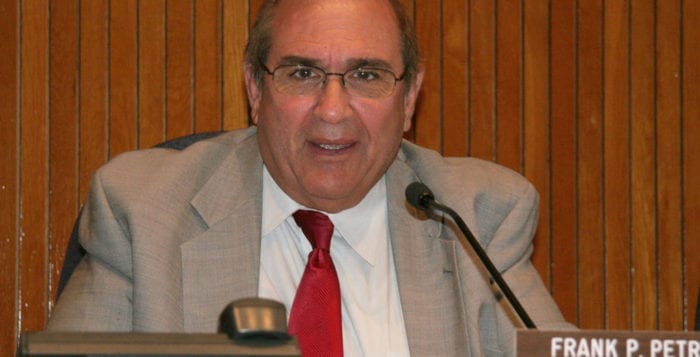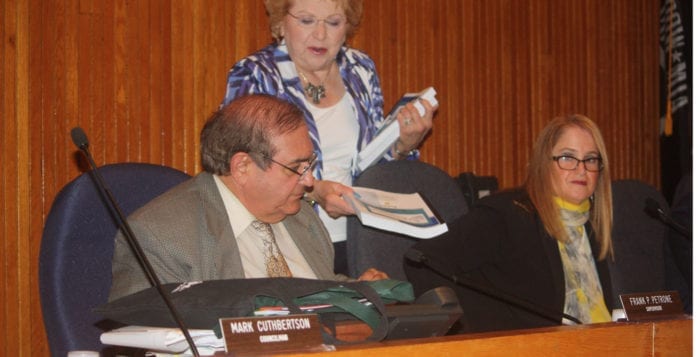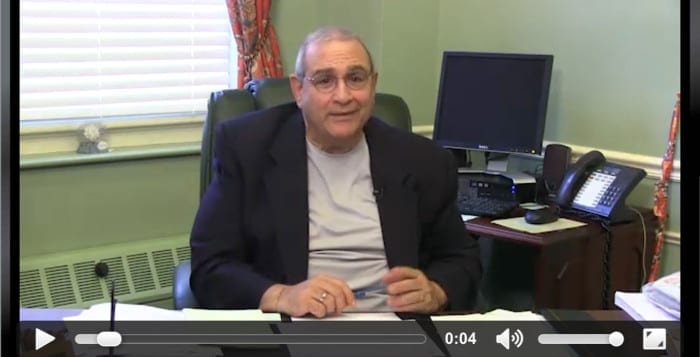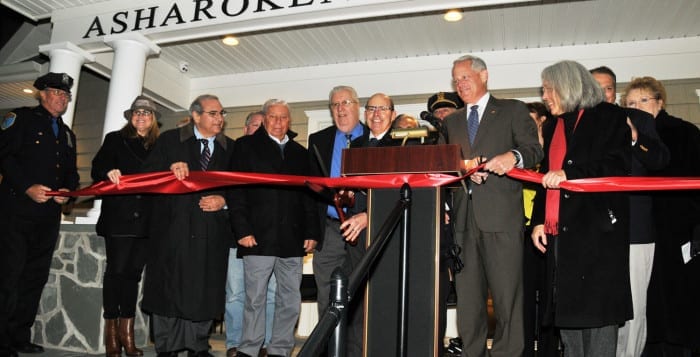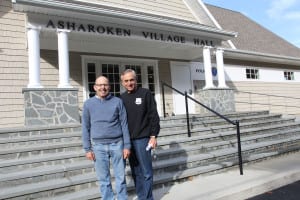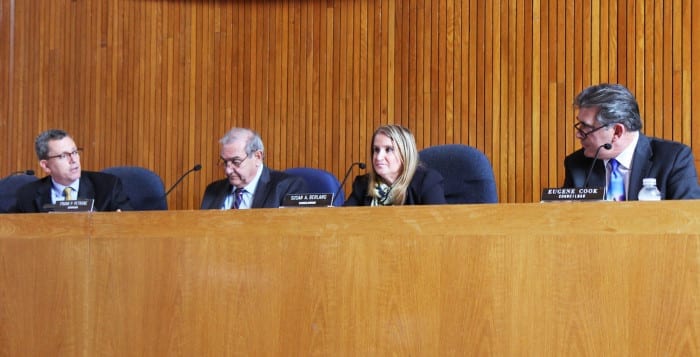By Victoria Espinoza
Huntington residents were unanimous at the town board meeting Tuesday night: Pierce the tax levy cap for the 2017 budget and keep our programs. And the town board agreed.
The proposed 2017 budget comes in at $190 million, with a tax levy increase of 2.85 percent, which would cost residents approximately $18 to $30 more per household, town spokesperson A.J. Carter said in a phone interview.
Town hall was packed with union, youth program and nonprofit members asking the board to support them in this year’s budget proposal.
Supervisor Frank Petrone (D) said at the town board meeting if Huntington is to stay within the state set tax levy cap of 0.68 percent for this year, the town’s workforce would decline; arts and youth programs would have to be cut; and parks and beaches would see a reduction in services and programs they offer.
“It’s not just a couple of bucks less for culture and arts. If we cut [funding] down, Huntington suffers. It’s millions of dollars out of the pockets of local residents.” —Ken Katz
“We committed ourselves to these programs because people are not traveling like they did — the economy is such that they are staying home and we felt it is our responsibility to … provide programs that would be cultural and recreational in nature, and social programs that help catch people in a safety net,” he said.
Jolena Smith, a Huntington High School student and member of the Tri Community Youth Agency, a not-for-profit organization that offers educational, recreational, social, cultural, athletics, counseling and advocacy programs for the town’s youth, became emotional when speaking about why it’s so important to her that the board pierce the cap this year and maintain Tri CYA funding.
“The Tri CYA provides all types of programs, services and activities to the youth that don’t have other choices or places to go,” she said at the meeting. “I’ve been coming to the Tri CYA for as long as I can remember, and it means a lot to me. The staff is an extended family. The Tri CYA helps kids stay off the streets. It helped me be the person I am today.”
Alicia Lawrence, president of the Tri CYA, talked about all the opportunities the not-for-profit offers to kids in town.
“Our staff is compassionate and professional,” Lawrence said. “They know the kids, they know the families and they know the community. They resolve problems before they escalate.”
Tri CYA offers numerous classes including cooking, reading and homework help, as well as provide students with school supplies, winter jackets and meals. The president said many of the children they work with are “at or below the poverty level.”
Ken Katz, a Huntington resident and member of the board of directors at the Cinema Arts Centre, also talked about how crucial funding from the town is for the survival of the CAC, a nonprofit organization that helps provide programs for students and seniors, as well as support many other local businesses.
“It’s not just a couple of bucks less for culture and arts,” he said. “If we cut [funding] down, Huntington suffers, not the Cinema Arts Centre. It’s not just going to a museum and seeing one less painting. It’s millions of dollars out of the pockets of local residents.”
Nonprofits were not the only voices heard. William Hennessey, president of Local 342 Long Island Public Service Employees, a union for workers in retail and wholesale food service, distribution, delivery and health care, spoke about the dangers of reducing the town workforce.
“[Local 342] represents many of the town employees residing in the town of Huntington,” he said. “If the staffing levels were to be substantially reduced due to budget cuts, the level of service that the residents of this town have become accustomed to would be severely reduced.” Hennessey used Hurricane Sandy as an example of when town employees worked “around the clock in 12-hour shifts” to help residents stay safe.
The board unanimously voted to approve the resolution to pierce the tax cap, to a round of applause from the audience, and the 2017 preliminary budget was passed out to the town board members.
According to Carter, Petrone said when he began the 2017 budget process this summer, he realized how much the town would have to cut to stay within the 0.68 percent state-mandated cap for this year. So instead, he drafted a second budget, which would pierce the cap. The budget holds social, youth and art programs at 2016 funding levels; there are no freezes on salaries for elected and appointed officials and union workers; and there are no layoffs, Carter said.


